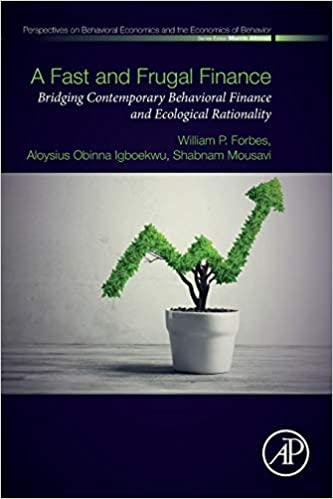Question
In Paris, hundreds of small bakeries produce bread for sale to their customers at a marginal cost of MC = 2 + 0.1 Q .
In Paris, hundreds of small bakeries produce bread for sale to their customers at a marginal cost of MC= 2 + 0.1Q. The inverse demand for bread is given by P = 10 ? 0.1Q, where P is in euros per loaf and Q is loaves per hour. The baking of bread also creates a positive externality: there is nothing quite like the smell of fresh-baked bread. Tourists and residents receive external marginal benefits given by EMB = 2 ? 0.02Q. To achieve the socially optimal output, government can use a price-based intervention; in this case, a subsidy. How large should the ideal subsidy be to move the market to the socially optimal level?
Step by Step Solution
There are 3 Steps involved in it
Step: 1

Get Instant Access to Expert-Tailored Solutions
See step-by-step solutions with expert insights and AI powered tools for academic success
Step: 2

Step: 3

Ace Your Homework with AI
Get the answers you need in no time with our AI-driven, step-by-step assistance
Get Started


